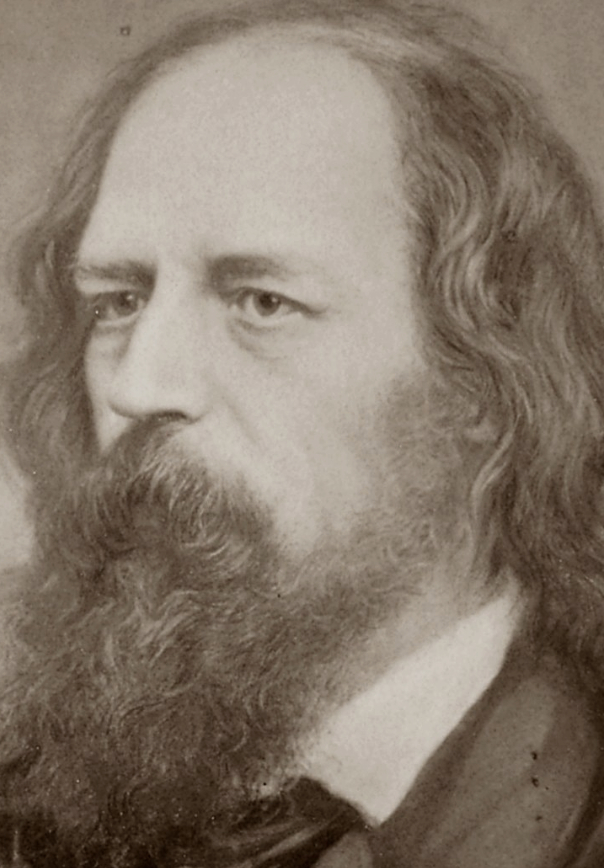On this date* in 1809, Alfred Tennyson was born in England. By the time his volume of Poems was published in 1833 (including “The Lady of Shalott”), Tennyson had established his literary acumen. By 1850 he had earned the title of poet laureate. Tennyson, a deistic pantheist, was not entirely unorthodox but he routinely trumpeted freedom. He alienated freethinkers of his day when he wrote an agnostic hero in Promise of May (1882) was an “unworthy character.”
Tennyson made up for such an undiplomatic lapse in other writings. In “In Memoriam A.H.H.” (1849), he famously wrote, “There lives more faith in honest doubt, believe me, than in half the creeds.” In “Maud” (1855) he wrote, “The churches have killed their Christ.” In “Locksley Hall Sixty Years After,” Tennyson wrote, “Christian love among the churches look’d the twin of heathen hate.”
Tennyson married the poet Emily Sellwood, a friend since childhood, in 1850. They had two sons, Hallam, born in 1852, and Lionel, born in 1854. Queen Victoria named Alfred the Baron Tennyson in 1884 and he took his seat in the House of Lords.
Tennyson recorded in his “Diary” (p. 127): “I believe in Pantheism of a sort.” His son’s biography confirms that Tennyson was not Christian, noting that Tennyson praised Giordano Bruno and Spinoza on his deathbed, saying of Bruno: “His view of God is in some ways mine.” (D. 1892)
* Tennyson’s birthdate is given as Aug. 5 by some sources. According to one, his baptismal records said Aug. 5 but his mother preferred to celebrate his birthday on the 6th, her wedding anniversary.


